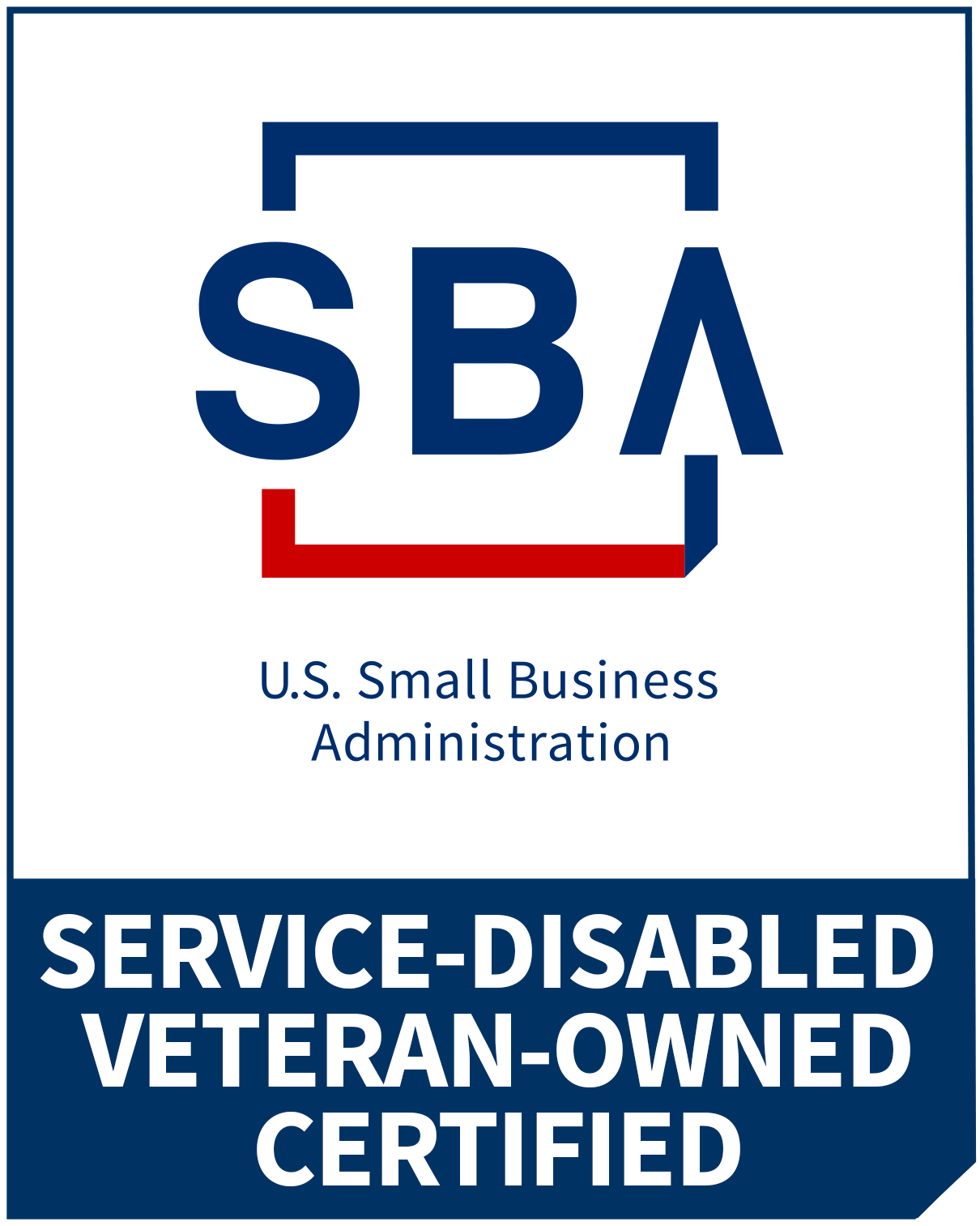Does NPS make sense for you?
Let’s try this thought experiment: Say you’re a plastic surgeon, specializing in a bespoke and specific sort of work that’s…um, shall we say, personal in nature. Naturally, all plastic surgery is by definition personal, but I mean that your specialty is the sort of thing that people…just don’t talk about, whatever that may be. No, I’m not thinking of anything in particular myself. And yes, I’m sure this sort of thing exists. Based on this business model, what do you think the likelihood would be of any of your Customers discussing their procedures (and your work) with other people? Obviously, they’re unlikely to initiate such conversations themselves, but also based on the intimate nature of the need, I don’t imagine “friends and colleagues” of theirs—who might also have use for it—would ever raise the topic themselves either. Even if they’re extremely pleased with your work (and perhaps even more so if they are), your clients are not likely going to recommend your services to friends, family, co-workers, etc. Here’s an obvious place where NPS would make no sense as a metric for you.
There are lots of other examples, too. Products and services that seem germane to everyday life are potentially the sort of thing that will come up in conversation: the dog food we use, a movie you watched last week, the plumber I had come and fix my leaky pipe. Even if these sorts of conversations (about that plumber, for example) don’t come up all the time, it’s not hard to conceive in my mind the potential of recommending a product or service to someone were it to come up. But then, therein lies the rub.
Not to get all math-y on you here, but technically, the “likelihood to recommend” comes from a formula that I’ll sketch out as:
p(recommend) = p(promote) | p(conversation)
The first term on the right side of the equation is how likely someone is to like your service or product enough to suggest that others avail themselves of it. But the second part is the conditional part of the probability: the part that’s contingent on the topic ever coming up in the first place (math nerds would read that as “the probability of promoting given that the conversation occurs”). The formulaic nub here being that, those two probabilities are multiplied together to produce an overall likelihood. Thus, as the chance of your Customer ever even having a conversation about you shrinks, so too does their chance of ever recommending you.
Does this matter? Do your Customers know what you’re getting at when you ask the question? Is the assumption that you actually mean “In the event it ever comes up, how likely are you to recommend…” understood to the recipient of your survey? I don’t know. But then again, why leave that up to chance? Why ask a question that has such an obvious shortcoming in the first place, thus adding potential but unnecessary flaws to your analysis?
As a statistician, I’d suggest to the plastic surgeon in our example that the probability of confusion or the Customer taking the question literally is enough to throw the results of the survey into question. As a CX advisor, I’d suggest that asking that question with such built-in ambiguity suggests an unseriousness about one’s interest in the Customers’ opinions in the first place.
This isn’t simply a rant against NPS. (Frankly, the word, “satisfied” is so meaningless and anodyne that using C-SAT is a pretty silly way to gauge the temperature of your Customers as well.) It’s a plea for you to take your interactions with your Customers seriously. If you are serious about your VoC program, you’re asking your Customer for incredibly valuable information: How you can improve what you do so as to attract more business (that of your current Customers as well as those who’d come after them). Realize the incredible treasure it would be to receive such insight and treat those providing it with respect. Ask actually actionable questions about their experiences with you and request honest (and brutal!) feedback about what you could have done better.
As thankful as you should be that the Customer chose you in the first place, a very close second in the list of things for which you should be grateful is their insights. If they’re willing to share them with you, don’t waste the opportunity by simply tossing out some boilerplate question so you can put the results on a PowerPoint slide. Do the upfront thinking work of formulating genuinely curious questions so you’re not wasting your Customers’ time and effort in helping you. Acting on that true curiosity will have the added benefit of providing more actionable insights for you as well.




